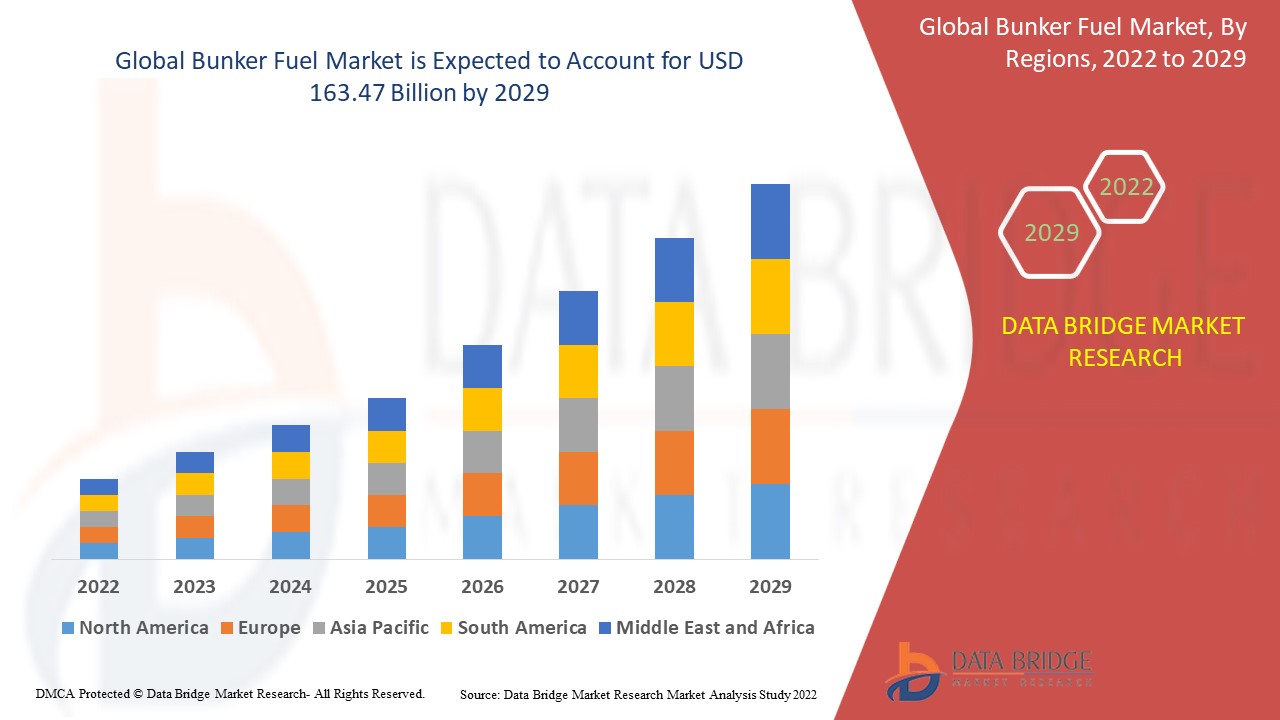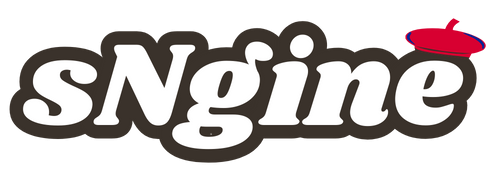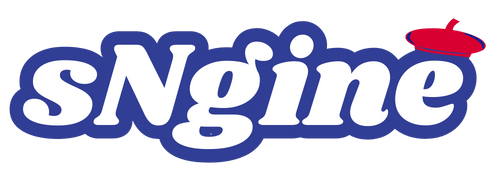
"Regional Overview of Executive Summary Bunker Fuel Market by Size and Share
Global bunker fuel market was valued at USD 114.95 billion in 2021 and is expected to reach USD 163.47 billion by 2029, registering a CAGR of 4.50% during the forecast period of 2022-2029.
With the superior Bunker Fuel Market report, get knowledge about the industry which explains what market definition, classifications, applications, engagements and market trends are. This report reveals the general market conditions, market trends, customer preferences, key players, current and future opportunities, geographical analysis and many other parameters that help drive the business into the right direction. The parameters of winning Bunker Fuel Market research report range from industry outlook, market analysis, currency and pricing, value chain analysis, market overview, premium insights, key insights to the company profile of the key market players.
Besides, with the help of an influential Bunker Fuel Market report, businesses can make out the reaction of the consumers to an already existing product in the market. This Bunker Fuel Market research report gives details about the market definition, market drivers, market restraints, market segmentation with respect to product usage and geographical conditions, key developments taking place in the market, competitor analysis, and the research methodology. The analysis and estimations carried out via Bunker Fuel Market research report assist to get the details about the product launches, future products, joint ventures, Market strategy, developments, mergers and acquisitions and effect of the same on sales, Market, promotions, revenue, import, export, and CAGR values.
Learn how the Bunker Fuel Market is evolving—insights, trends, and opportunities await. Download report:
https://www.databridgemarketresearch.com/reports/global-bunker-fuel-market
Bunker Fuel Market Introduction
Segments
- Type: The global bunker fuel market can be segmented based on type into distillate fuel, residual fuel, and alternative fuels. Distillate fuel is a type of fuel that is refined from crude oil and is commonly used in marine vessels. Residual fuel, also known as bunker fuel, is a byproduct of crude oil refining and is typically used by large ships. Alternative fuels are gaining popularity in the bunker fuel market due to their environmentally friendly characteristics.
- Fuel Grade: Bunker fuels are further segmented based on their grades such as IFO 380, IFO 180, and others. These grades determine the viscosity and sulfur content of the fuel, which are important factors for the efficiency and environmental impact of the vessels using them.
- End-Use Industry: The end-use industries of bunker fuel include container ships, tankers, bulk carriers, general cargo ships, and others. Each of these industries has specific requirements for bunker fuel based on the type of vessel and the routes they operate on.
Market Players
- Exxon Mobil Corporation: Exxon Mobil is a leading player in the global bunker fuel market, offering a range of fuel products for marine vessels. The company focuses on innovation and sustainability in its bunker fuel offerings.
- Royal Dutch Shell: Royal Dutch Shell is another key player in the bunker fuel market, providing high-quality fuel products to the marine industry. The company has a strong focus on reducing emissions and promoting cleaner fuels.
- BP Plc: BP is a major player in the global bunker fuel market, offering a variety of fuel grades to meet the needs of different types of vessels. The company is investing in research and development to improve the environmental performance of its bunker fuel products.
- Chevron Corporation: Chevron is a significant player in the bunker fuel market, supplying fuel to marine vessels worldwide. The company is committed to sustainability and is exploring alternative fuel options for the marine industry.
The global bunker fuel market is highly competitive, with key players focusing on innovation, sustainability, and meeting the evolving needs of the marine industry. As environmental regulations become stricter, there is a growing demand for cleaner fuel options in the bunker fuel market.
The global bunker fuel market is witnessing a shift towards cleaner and more sustainable fuel options driven by increasing environmental concerns and regulatory pressures. Alternative fuels such as LNG (Liquefied Natural Gas) and biofuels are gaining traction as viable substitutes for traditional bunker fuels like distillate and residual fuels. These alternative fuels offer lower emissions of pollutants such as sulfur oxides and nitrogen oxides, aligning with the industry's efforts to reduce its environmental footprint. Market players are investing in research and development to enhance the production and utilization of these cleaner fuel alternatives to meet the growing demand from the marine industry.
Moreover, technological advancements in fuel blending and combustion processes are enabling the creation of fuel blends with reduced sulfur content, leading to compliance with stringent emission norms such as IMO 2020. This regulation mandates a significant reduction in sulfur emissions from marine vessels, driving the adoption of low-sulfur fuels and exhaust gas cleaning systems (scrubbers). Market players are leveraging these advancements to develop sustainable fuel solutions that cater to the evolving regulatory landscape and customer preferences in the bunker fuel market.
Furthermore, the COVID-19 pandemic has had a significant impact on the global bunker fuel market, with disruptions in global trade and reduced shipping activity leading to fluctuations in demand and supply dynamics. The industry has witnessed changes in trade routes, vessel deployment patterns, and fuel consumption trends, prompting market players to realign their strategies to adapt to the new normal. The pandemic has underscored the importance of resilience and agility in responding to unforeseen challenges, driving players to enhance their supply chain capabilities and operational efficiencies.
Additionally, the increasing focus on decarbonization and sustainability in the maritime sector is reshaping the competitive landscape of the bunker fuel market. Companies are exploring partnerships and collaborations to foster innovation and accelerate the development of carbon-neutral fuels such as hydrogen and ammonia. These emerging fuel options hold promise for achieving net-zero emissions in the shipping industry, contributing to global efforts to combat climate change and achieve environmental sustainability.
In conclusion, the global bunker fuel market is undergoing a transformation towards cleaner, more sustainable fuel solutions driven by regulatory initiatives, technological innovations, and industry collaborations. Market players are embracing these changes to meet the demands of a greener future while maintaining operational excellence and competitiveness in a dynamic market environment. The evolution towards cleaner and alternative fuels signifies a paradigm shift in the maritime industry's approach towards environmental stewardship and long-term sustainability.The global bunker fuel market is experiencing a transformation towards cleaner and more sustainable fuel options due to increasing environmental concerns and regulatory pressures. Alternative fuels such as LNG and biofuels are gaining traction as viable substitutes for traditional bunker fuels like distillate and residual fuels. These alternative fuels offer lower emissions of pollutants, aligning with the industry's efforts to reduce its environmental impact. Market players are investing in research and development to enhance the production and utilization of these cleaner fuel alternatives to cater to the marine industry's evolving demand.
Technological advancements in fuel blending and combustion processes are facilitating the creation of fuel blends with reduced sulfur content, aiding compliance with strict emission regulations like IMO 2020. This regulation necessitates a significant decrease in sulfur emissions from maritime vessels, propelling the adoption of low-sulfur fuels and exhaust gas cleaning systems. Market participants are capitalizing on these advancements to develop sustainable fuel solutions that align with the changing regulatory landscape and customer preferences in the bunker fuel market.
The COVID-19 pandemic has disrupted the global bunker fuel market, leading to fluctuations in demand and supply dynamics due to disruptions in global trade and reduced shipping activity. Industry players have had to adapt to changes in trade routes, vessel deployment patterns, and fuel consumption trends by realigning their strategies to cope with the new normal. The pandemic highlighted the importance of resilience and agility in addressing unforeseen challenges, prompting market participants to enhance their supply chain capabilities and operational efficiencies.
Moreover, the growing emphasis on decarbonization and sustainability in the maritime sector is reshaping the competitive landscape of the bunker fuel market. Companies are engaging in partnerships and collaborations to foster innovation and expedite the development of carbon-neutral fuels like hydrogen and ammonia. These emerging fuel options hold potential for achieving net-zero emissions in the shipping industry, contributing to global initiatives aimed at combating climate change and attaining environmental sustainability.
In summary, the global bunker fuel market is witnessing a shift towards cleaner, more sustainable fuel solutions driven by regulatory mandates, technological progress, and industry collaborations. Market players are embracing these changes to meet the requirements of a greener future while upholding operational excellence and competitiveness in a dynamic market environment. The transition towards cleaner and alternative fuels represents a notable change in the maritime industry's approach to environmental stewardship and long-term sustainability, signaling a promising outlook for a more eco-friendly shipping sector.
Gain insights into the firm’s market contribution
https://www.databridgemarketresearch.com/reports/global-bunker-fuel-market/companies
Bunker Fuel Market – Analyst-Ready Question Batches
- What is the global market size of the Bunker Fuel Market in 2025?
- What is the expected Bunker Fuel Market value in 2032?
- What segmentation is used in the Bunker Fuel Market analysis?
- Which brands are top contenders in this space?
- What new launches gained the most attention recently?
- Which regions are included in the global Bunker Fuel Market map?
- Which geographic Bunker Fuel Market is growing the fastest?
- Which countries are emerging as high-growth zones?
- What region leads in terms of profit contribution?
- What are the key challenges the Bunker Fuel Market faces?
Browse More Reports:
Global Surgical Site Infection Control Market
Global Synthetic Quartz Market
Global Syringes Market
Global Tempeh Market
Global Thyroid Cancer Diagnostics Market
Global Time Tracking Software Market
Global Tokenization Market
Global Traffic Management Market
Global Translucent Concrete Market
Global Tulip Market
Global Vegetable Seeds Market
Global Video Conferencing Market
Global Wireless Headsets Market
Global Wood Chips Market
Global Wrist Dive Computer Market
Slovakia Negative Pressure Wound Therapy Market
About Data Bridge Market Research:
An absolute way to forecast what the future holds is to comprehend the trend today!
Data Bridge Market Research set forth itself as an unconventional and neoteric market research and consulting firm with an unparalleled level of resilience and integrated approaches. We are determined to unearth the best market opportunities and foster efficient information for your business to thrive in the market. Data Bridge endeavors to provide appropriate solutions to the complex business challenges and initiates an effortless decision-making process. Data Bridge is an aftermath of sheer wisdom and experience which was formulated and framed in the year 2015 in Pune.
Contact Us:
Data Bridge Market Research
US: +1 614 591 3140
UK: +44 845 154 9652
APAC : +653 1251 975
Email:- [email protected]
"


